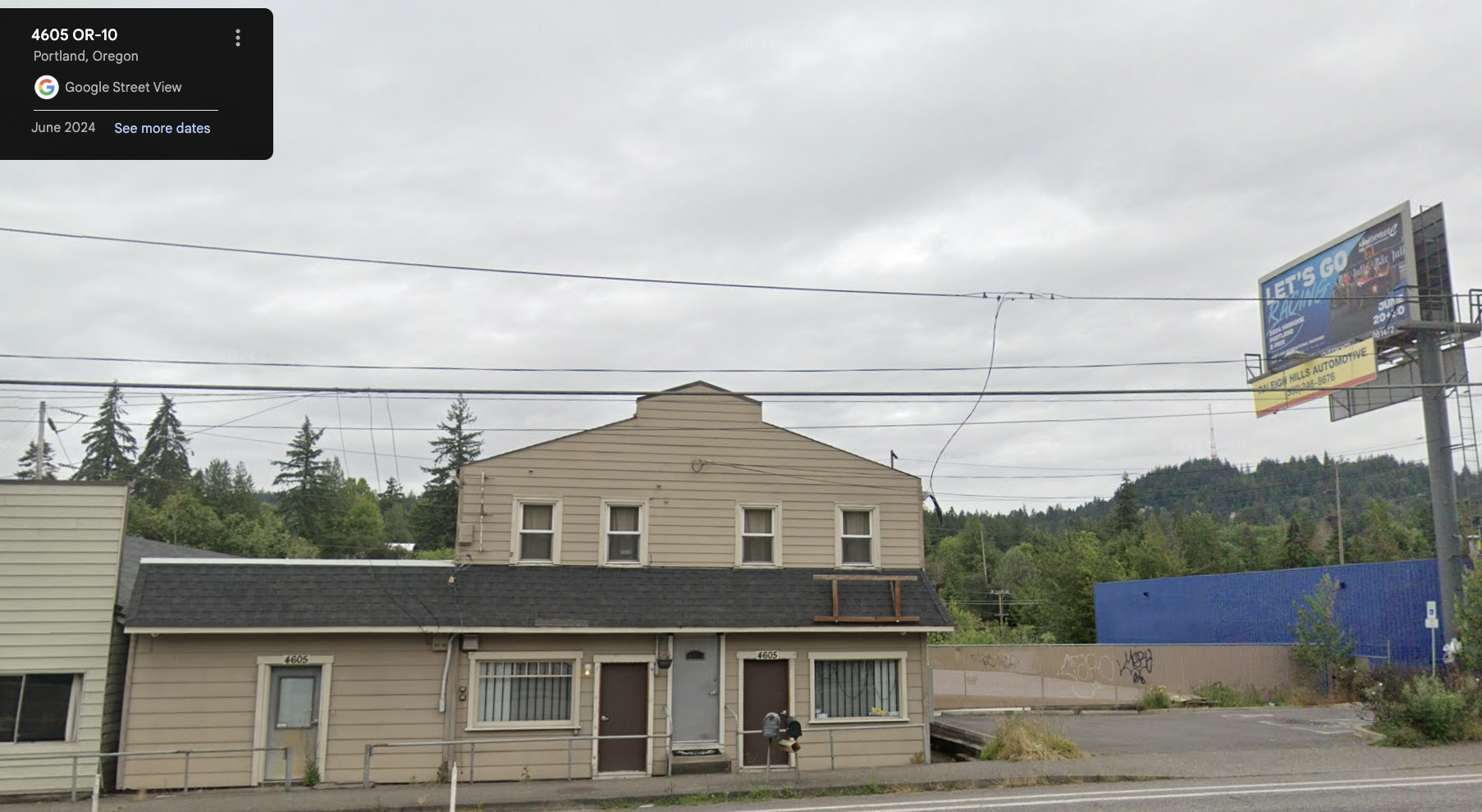Oregon Business Reports
In a widely anticipated legal challenge, two Portland-based dispensaries are suing to block enforcement of a new law intended to help cannabis-industry workers unionize.
The dispensaries — Bubble’s Hash and Ascend Dispensary — argue in a complaint filed Feb. 12 in federal district court in Eugene that Oregon’s new law is unconstitutional because it’s preempted by a federal law, the National Labor Relations Act (NLRA).
and also filing
Complaint-Casala-v-Kotek
“Measure 119 fails to recognize an employee’s right to choose (or not) their union representation … while commanding the Licensees to enter into binding contracts, albeit improper contracts, or risk licensure,” the suit reads.
The lawsuit names as defendants Oregon Gov. Tina Kotek, state Attorney General Dan Rayfield as well as the chairman and the executive director of the Oregon Liquor and Cannabis Commission (OLCC), which maintains the state’s marijuana business license program.
Measure 119 requires cannabis retailers and processors to submit a signed peace labor agreement (PLA) to the OLCC as part of the licensure process. Such agreements require management to remain neutral when employees take steps to unionize. The law does not apply to producers or wholesalers.
Union reps have defended Oregon’s law — the United for Cannabis Workers Act — as necessary to clear up the murky relationship between state and federal marijuana law. Because marijuana remains federally illegal, supporters of M119 say Oregon-based marijuana businesses may fail to recognize federal worker protections.
Cannabis PLA laws are on the books in other states including New Jersey and New York. California recently expanded its cannabis PLA requirements. The lawsuit states other legal challenges to state cannabis PLA laws are ongoing.
Cannabis attorneys have urged Oregon-based clients to apply for licensure prior to the law’s effective date of Dec. 5 to dodge PLA requirements for at least another year. And cannabis attorney Vince Sliwoski of the firm Harris Sliwoski writes online that a number of marijuana businesses submitted OLCC licenses without PLAs in apparent anticipation of a legal challenge to the new law.
Read More




















